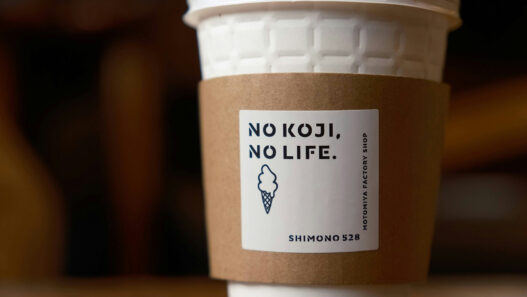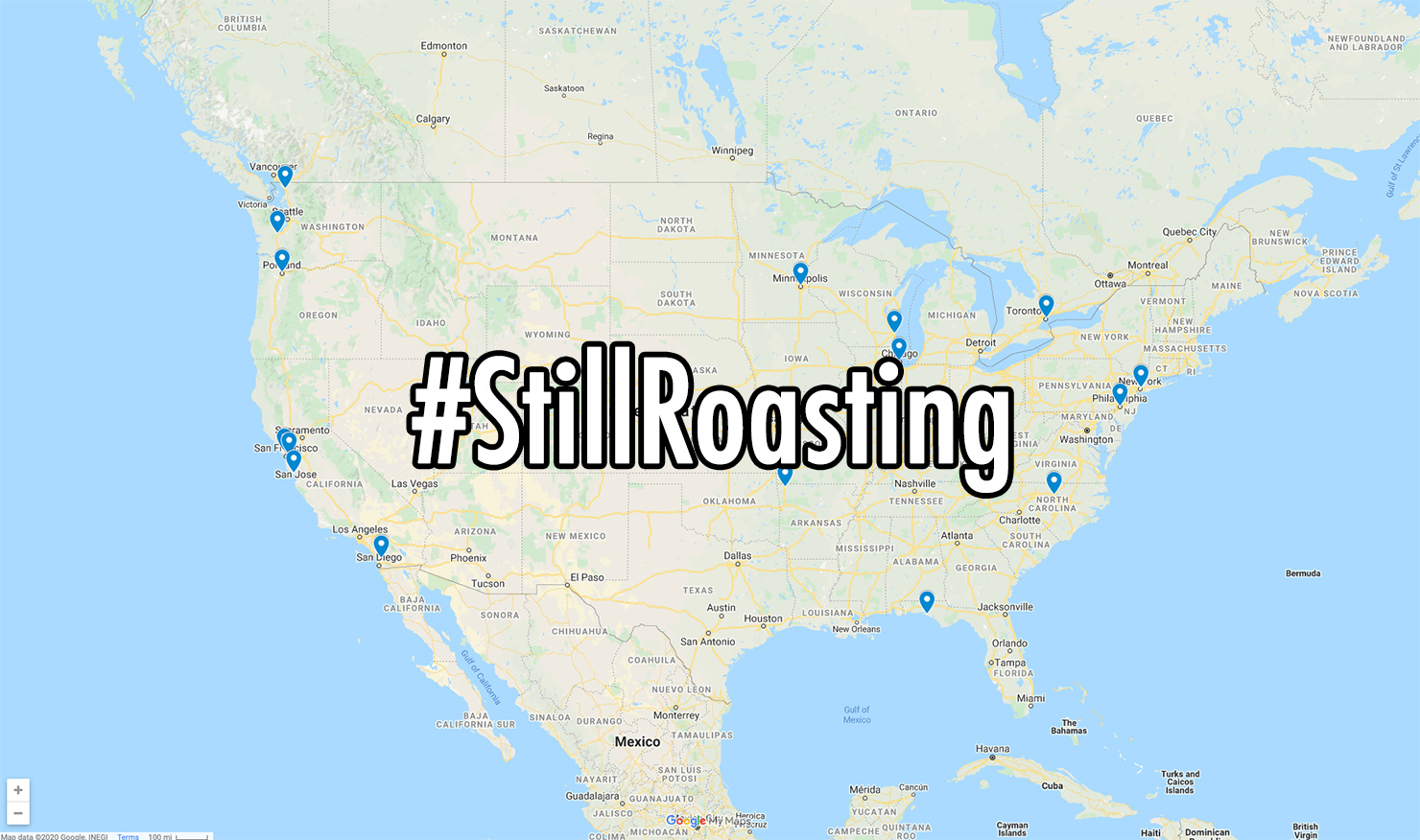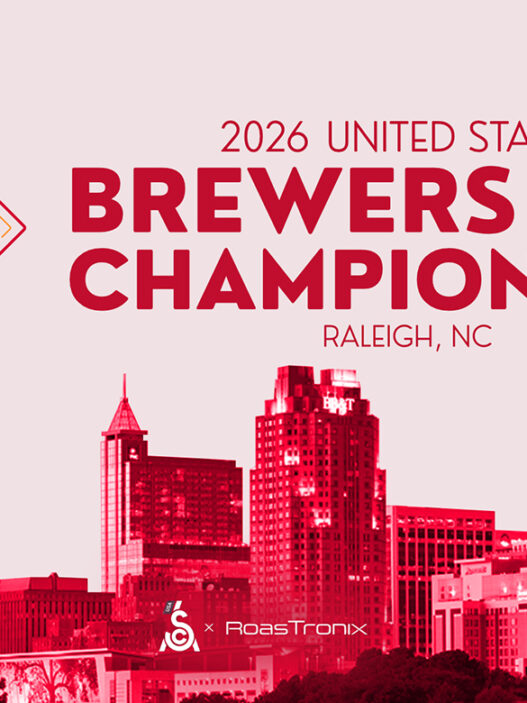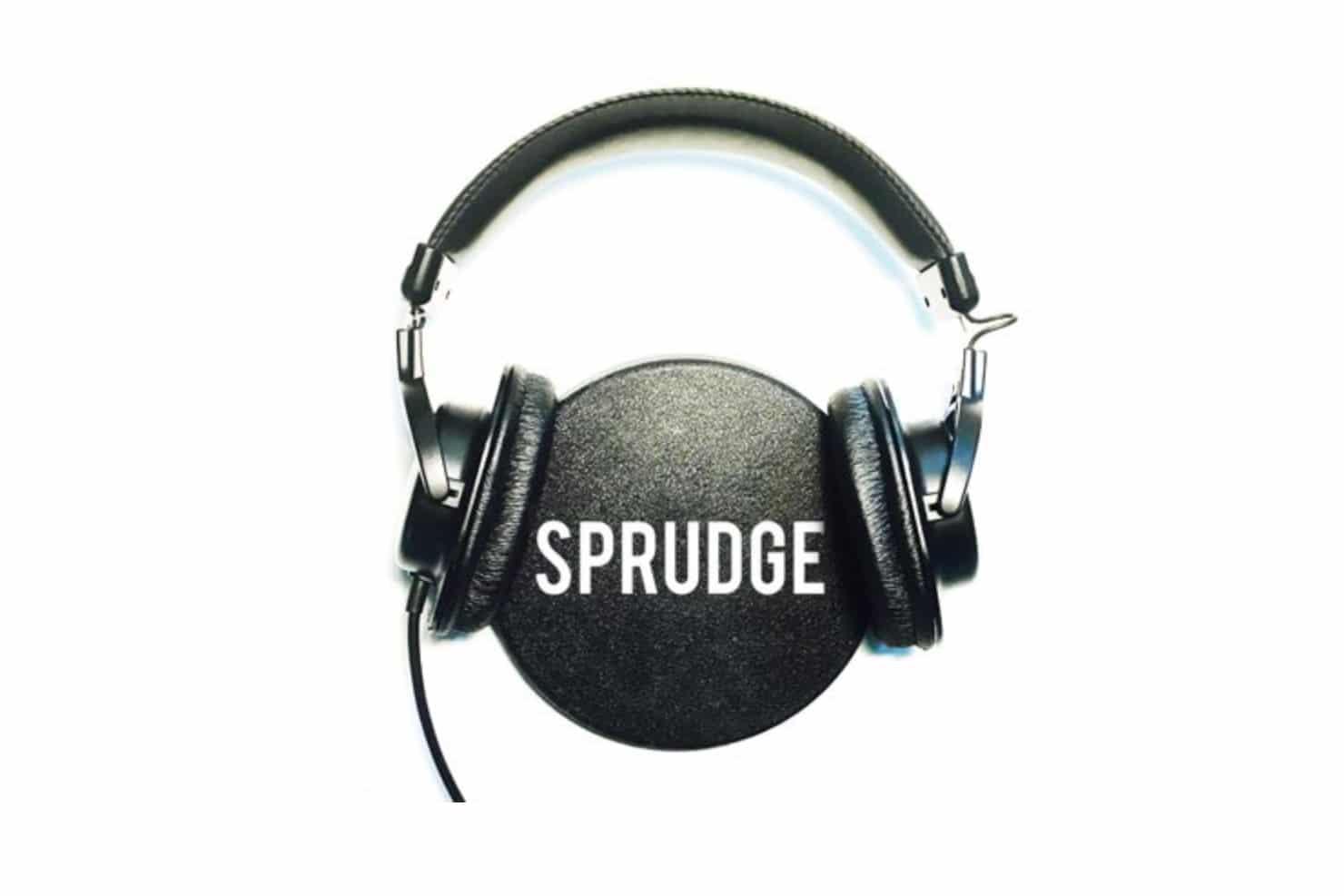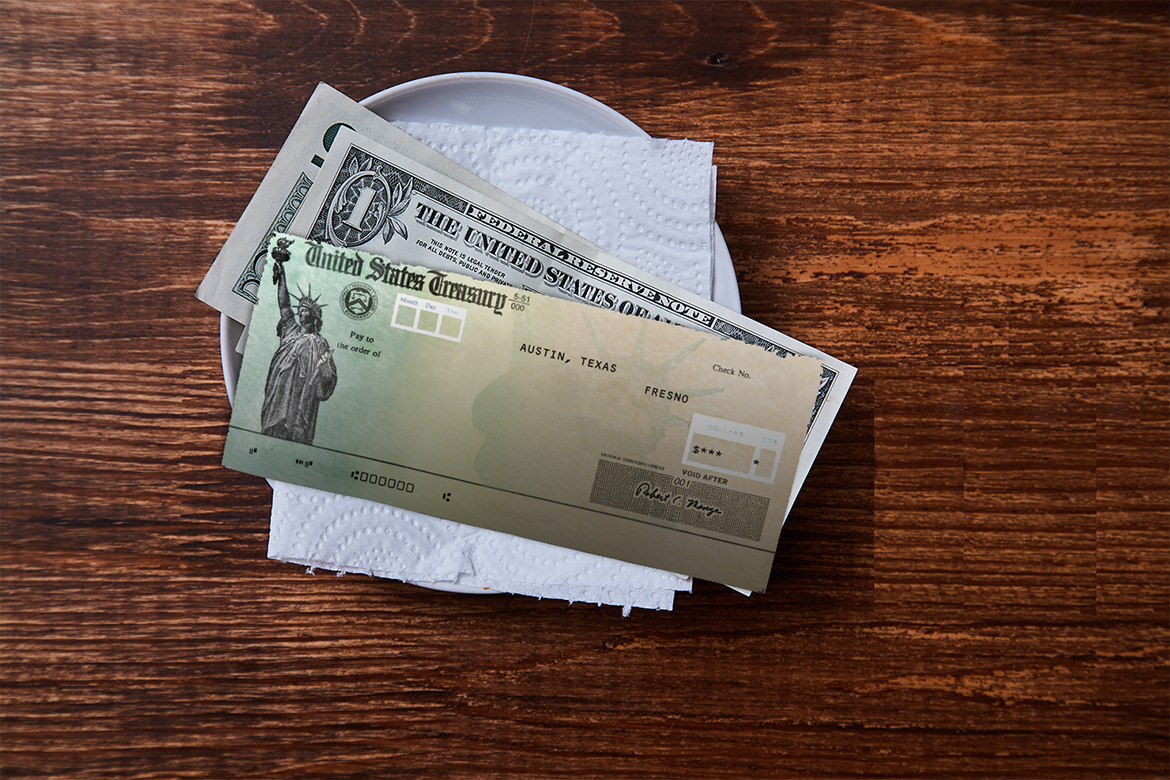
On Friday, March 27th, the President signed the Coronavirus Aid, Relief, and Economic Security Act, a $2.2 trillion stimulus package designed to help people, businesses, and hospitals financially affected by the economic shutdown due to the pandemic. Making its way through the Senate with unanimous approval and passed in the House shortly thereafter, the CARES Act has carved out $360 billion in loans and grants specifically for small businesses, including restaurants and coffee shops.
But who is eligible—and for how much—is not quite as easily understood. Luckily, Restaurant 365 has broken down some of the finer points of the stimulus package as they apply to restaurant owners, which also works as a helpful guide for cafe owners trying to stay afloat.
Per Restaurant 365, the CARES Act offers financial assistance to small business through a variety of avenues: payroll and business continuity loans, loan forgiveness, small business grants, and deferred payroll taxes and tax credits. The payroll and business continuity loans, eligible to “restaurants (and other businesses) with more than one location and fewer than 500 employees per location” that have been operational as of February 15th, 2020 and “and having a payroll with applicable payroll taxes,” allow for businesses to borrow 2.5 times their monthly payroll (based on 2019 numbers) up to a total of $10 million. These funds can be used for “payroll, rent or mortgage payments, utility charges, and insurance premiums.” Per the article, priority is given to new and women-owned businesses as well as those run by “socially and economically disadvantaged” persons.
Another provision of the CARES Act would allow for some or all of the loan received to be forgiven. Loans will be prorated based upon how much of it is used in the first eight weeks after the loan has been approved.
In other words, the portion of the loan used to cover expenses during those eight weeks is what is eligible for forgiveness. Up to 100% of the loan may be forgiven. For example, if employers rehire all employees laid off going back to Feb. 15, or increases previously reduced wages before June 20, the loan can be fully forgiven.
Per law firm Gibson Dunn, if a loan is not fully forgiven, it will have a “maximum maturity of 10 years and an interest rate not exceeding 4 percent,” and “lenders must defer payments under the loan for at least six months and up to one year.”
Separately, the bill carves out an addition $10 billion for small business grants, up to $10,000, meaning the money does not need to be repaid.The CARES Act also provides some tax relief for small businesses. For restaurants that “have been forced to close or have suffered a 50% drop in revenues from a year ago” that continue to pay employees during the outbreak, they can receive a tax credit equal to 50% of payroll taxes paid. Payment of the 6.2% Social Security tax has been deferred, half by the end of 2021 and half by the end of 2022.
In addition to the impact on small businesses, Restaurant 365 also lays out how the stimulus package will affect those seeking unemployment. Per the article, the stimulus “helps replace the salaries of furloughed workers for four months,” who will receive “whatever amount a state usually provides for unemployment, plus a $600-per-week add-on.”
To apply for a loan as part of the CARES Act, visit the Small Business Administration’s official website. More information on the loan process and eligibility can be found at Restaurant 365. The US Chamber of Commerce has also provided an additional resource for small businesses trying to navigate the intricacies of the stimulus package and what they are eligible to receive, which can be found here.
Zac Cadwalader is the managing editor at Sprudge Media Network and a staff writer based in Dallas. Read more Zac Cadwalader on Sprudge.










